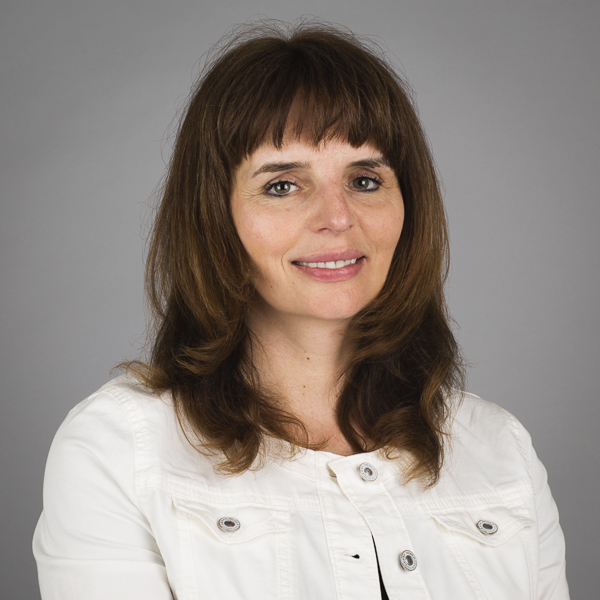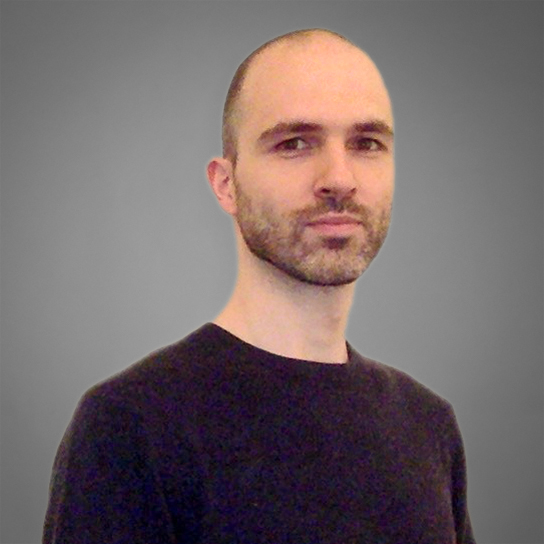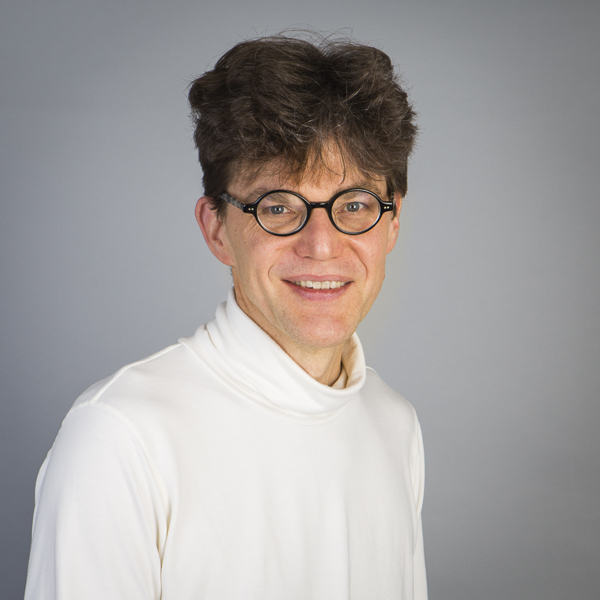Long Night of Science Berlin 2024
Our events at the Long Night of Sciene 2024
On June 22, 2024, scientific and science-related institutions in Berlin will open their doors again and invite to hands-on experiments, lectures and other exciting events as part of the Long Night of Science Berlin. Of course, the ZAS will participate again this year as well!
You will find us between 5 pm and midnight in the House of the Leibniz Association (Chausseestraße 111, 10115 Berlin). Fascinating experiments for young and old are waiting for you, as well as experts who will give you insights into their research.
All further information, as well as tickets, can be found here.
We are looking forward to seeing you there!

From thought to language - hands-on fun for big and small researchers (Maite Seidel, LeibnizDream)
Do children actually think differently than adults? Or have they simply not yet learned to express their thoughts in an optimized way? In the LeibnizDream project, we are investigating the assumption that certain mistakes children make in their language development provide us with information about the structure of human thoughts. For this purpose, we are researching more than 50 children's languages worldwide. Visit our booth - there you can expect exciting hands-on experiments on the tablet for children from the age of 2.5 years and adults.
Time: 17:00-24:00

"Telephone" game with gestures (Dr. Susanne Fuchs, FLESH)
In this unique experiment, you will play Silent Mail – a popular game where a message is passed from person to person to see how the message changes. But instead of whispering a message from ear to ear, in this experiment people will learn other people's gestures, imitate them and pass them on to the next visitor. Join us and learn more about how imitation and learning from others might have shaped the evolution of language.
Time: 17:00-24:00

What do your eye movements reveal about your language processing? Our eye tracker will tell you! (Dr. Dato Abashidze)
In the psycholinguistics lab of ZAS, we use among others Eye-tracking to study how human language is processeds. With the eye tracker, we can measure people's eye movements in milliseconds while they listen to a sentence and look at images at the same time, for example. Try it yourself and learn more about the research questions we are investigating using this method.
Time: 17:00-23:45

How biased are you when you hear accents? Test yourself. (Dr. Marzena Żygis, ATTIT)
Foreign language accents are part of everyday life for many. We travel, make international contacts and learn languages. But do accents affect how we judge a person's personality and how (un)sympathetic we find a speaker? With the Implicit Association Test (IAT), we elicit your subconscious beliefs. Join us and learn more about why accents could have an impact on our assessment of our counterpart.
Time: 19:00-24:00

Grammatical tinnitus when listening to foreign accents: Why do we hear mistakes where there are none? (GRANITUS)
Our research shows: When our counterpart speaks with a foreign accent, we hear grammatical errors where there are none. But how does this mechanism come about? Is our perception simply distorted by our prejudices or is there more to it? In this lecture, Marzena Żygis presents the research of her team and discusses both the causes and possible consequences of the so-called "grammatical tinnitus".
Time: 18:00-18:45
Room: Leipzig

Do NOT think of a pink elephant!
As the proverbial instruction in the title pointedly shows, the understanding of linguistic expressions necessarily goes hand in hand with the emergence of certain images. In the case of affirmative statements such as "A kite glided along in the sky", it is even reasonable to assume that their understanding consists in the arising of these images. But can this approach be extended to negated assertions such as "There was no bird in the sky"? And if so, how exactly? We feel that something is somehow different here.
Time: 21:00-21:45
Room: Wolfenbüttel

Children and large AI language models: a comparison
Children and language models are fed with language data and thus learn to generate language. Comparisons can be drawn between the two in many respects: What kind of language processing structures are created? How much linguistic (and other) input do they need? It is particularly interesting to compare the mistakes that the two make. Both children and AIs sometimes say "too much". Uli Sauerland presents the conclusions that can be drawn from the observation of such errors, both for linguistics and for AI.
Time: 22:00-22:45
Room: Berlin

Linguistic Olympiad: exploring the diversity of languages through play (Dr. Nathalie Topaj, DOL)
Do you enjoy solving puzzles related to languages? Find out about the Linguistic Olympiad and try to solve some puzzles on the spot! What's needed is a feeling for language, cultural imagination and logical-analytical thinking. The Leibniz-Centre General Linguistics, together with the Förderverein Deutsche Linguistik-Olympiade, is organizing the Linguistic Olympiad for students in Germany and will enable the best students to participate in the International Linguistic Olympiad.
Time: 17:00-23:45

"This is how multilingualism works" (Dr. Nathalie Topaj, BIVEM)
Who is multilingual? What are the advantages of multilingualism? The Berlin Interdisciplinary Network for Multilingualism (BIVEM) at the Leibniz-Centre General Linguistics provides insights into the science and informs with its flyer series "Achieving Bilingualism" in several languages about current topics in the areas of multilingualism, language acquisition, language development and language support. At the BIVEM booth, parents and experts can get information while children try out interactive language games.
Time: 17:00-23:45

"1000 voices from Germany" (Dr. Stefanie Jannedy, Plapper)
Germany has PLAPPERed! We are far from finished, but the first results are in! Come and find out more about how Germany speaks. With the Plapper app, anyone can record themselves at home and donate their speech data to our research. Take a look at what we do with it!
Time: 17:00-24:00